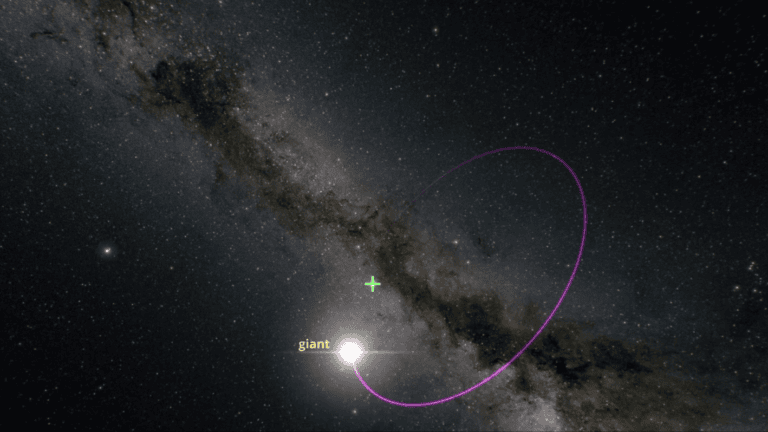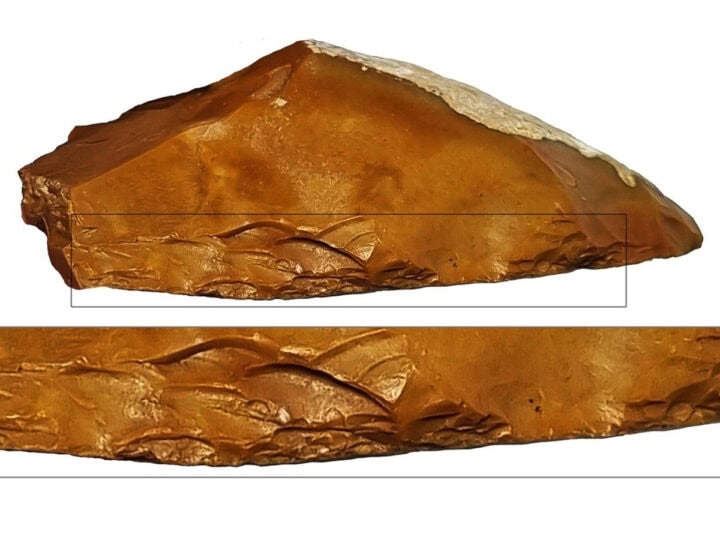An extraordinary black hole which is 1,500 light years away from Earth and 33 times denser than the sun was discovered by a team of international scientists, including researchers from Tel Aviv University.
The black hole is three times denser than the other known black holes in our Milky Way galaxy and is part of a binary star system, meaning that the celestial body — which was once also a star before it collapsed — is orbited by another star. It was found using the Gaia spacecraft that was launched by the European Space Agency back in 2013, and its discovery is now being published in the Astronomy & Astrophysics journal.

The data coming in from the Gaia spacecraft is processed by hundreds of scientists across Europe, and a team led by TAU’s Prof. Tsevi Mazeh is participating in a study of binary star systems that have been discovered through the data.

In their study, the researchers expected to find more black holes – a phenomenon predicted by Albert Einstein’s theory of relativity that occurs when a star collapses into itself, becoming a single point of infinite density. The conditions that lead to the creation of a black hole still pose a puzzle for scientists, and the discovery of a new one typically creates a buzz in the scientific community.
While Gaia has already discovered two black holes in the past, this latest discovery is unusual because of its size. Its binary star system is called Gaia BH3, and it contains a star that was likely formed 10 billion years ago which orbits the black hole in an 11-year cycle.
“This is an exciting discovery of the heaviest black hole in a binary system known today in the galaxy,” said Mazeh. “About 30 years passed from the first hypothesis of the existence of a black hole until the discovery of the first black hole, and more than 50 years passed before we were able to discover Gaia BH3 – the binary system with the longest cycle known today.”
“It is amazing how humankind manages to navigate the vast expanses of the universe and discover such mysterious objects,” he continued.
“I am convinced that the discovery will lead to a new mode of thinking regarding the presence and prevalence of the black holes that cruise through the expanses of our galaxy.”
Fighting for Israel's truth
We cover what makes life in Israel so special — it's people. A non-profit organization, ISRAEL21c's team of journalists are committed to telling stories that humanize Israelis and show their positive impact on our world. You can bring these stories to life by making a donation of $6/month.








